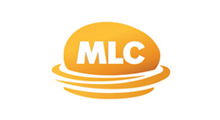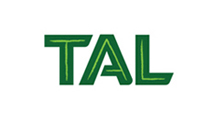Just like all other types of insurance products, income protection insurance policies also come with specific exclusions. It is imperative for any income protection insurance policyholder to be knowledgeable of events or conditions that are and could not be covered by the policy.
There are three standard exclusions of income protection insurance policies. First, no policy would provide payout if the policyholder attempted suicide or inflicted himself/herself intentionally, which had resulted to the disability. This exclusion is clearly a protection that insurers take against policyholders who may intentionally incur disability just to receive monetary payouts.
Second, the income protection insurance would not cover disabilities or injuries caused by any war or so-called acts of war. This is a protection insurance companies take to spare their business from volatile security conditions, which they could be helpless about.
Third, the policy does not cover uncomplicated pregnancy or childbirth even if it led to temporary disablement of less than 3 months. Insurance firms assert that there could be other types of insurance, social security programs, or employment perks that could cover such provisions to provide monetary assistance to mothers who just gave birth and who have to file for maternity leaves.
Disability incurred from any elective surgery could be covered by the policy. However, this could be categorized as a partial or temporary disability. The payout could be provided for just about a few months or until recovery is obtained.
There could be other exclusions that any specific income protection insurance policy or company could state. In general, policies and providers that set additional or extra exclusions on top of the common three mentioned should be regarded and classified as less favorable to policyholders. This is one of the main reasons why you should carefully understand the provisions of your policy, particularly those pertaining to exclusions.
















